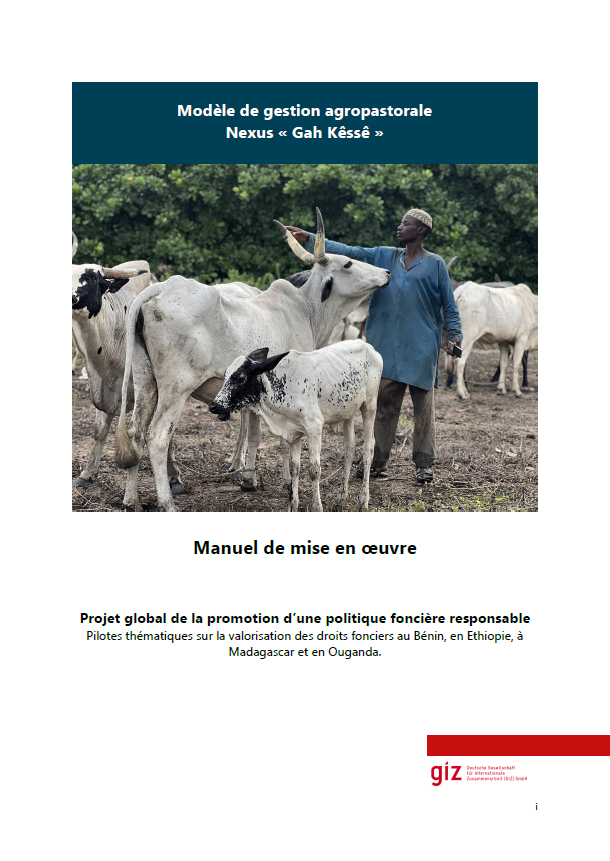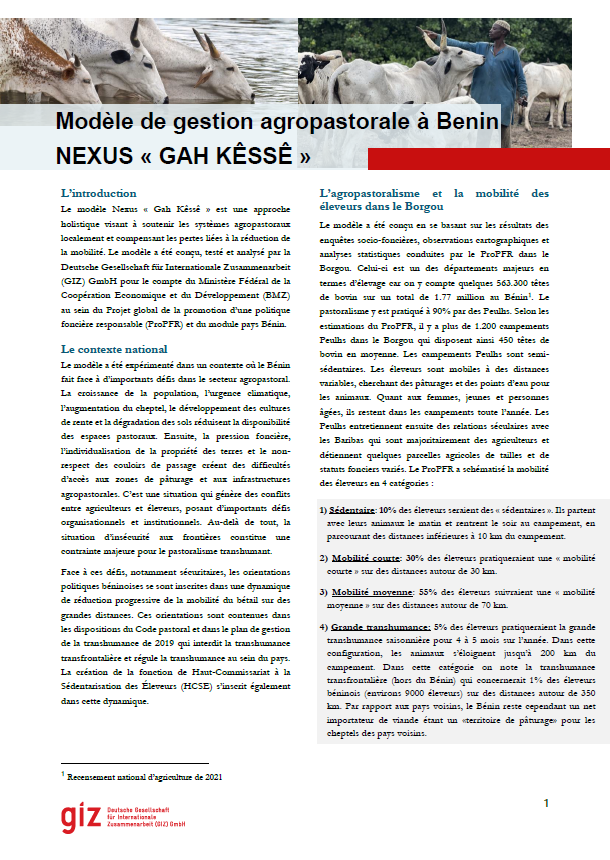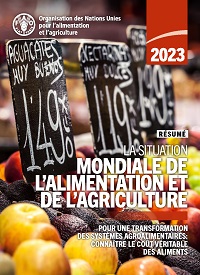Evaluation of exclosures in restoring degraded landscapes in the semi-arid highlands of northwestern Ethiopia
Land degradation is a severe environmental problem in the northern and northwestern Ethiopian highlands. As a response to increasing land degradation, rehabilitation of degraded grazing lands through exclosures (exclusion of farmers and domestic animals) has been undertaken. This study aimed to evaluate the effectiveness of 11 and 8-year exclosures in improving degraded landscapes in the Karita-Wuha and Dengora watersheds. It was assumed that the conditions on communal grazing lands at the time of the investigation corresponded to those at the establishment of exclosures.




